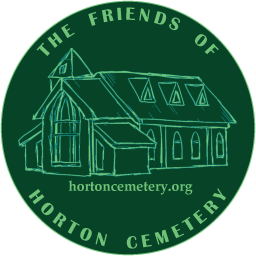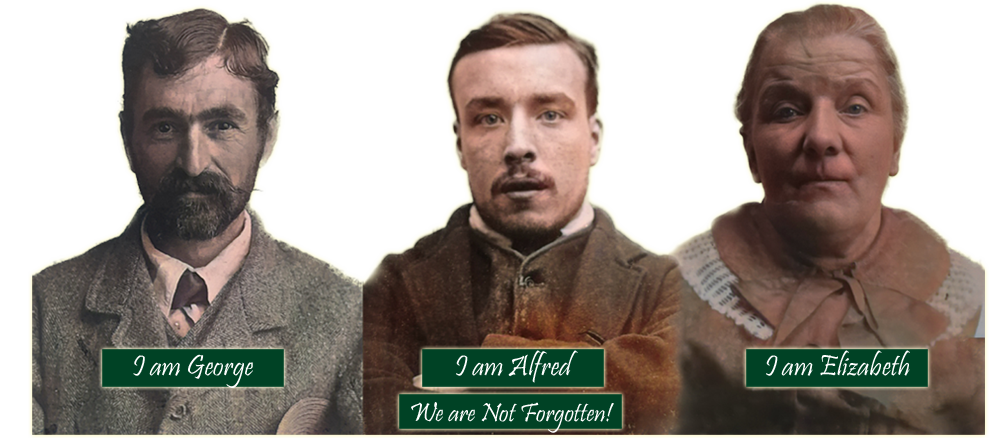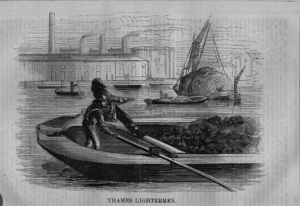b.1843-d.1902
Beginnings – in Shepperton
Henry was born in Shepperton in 1843, the illegitimate son of Eliza Berry. He was baptised on 31 December 1843 and is recorded as baseborn, with no father named.
Eliza’s single mother Ann Berry had married Richard Golding, an agricultural labourer, in 1830, and in the 1851 Census, Henry and his younger brother Charles are listed as Goldings, grandchildren of Richard and Ann Golding.
In 1861, 17-year-old Henry Berry was lodging in Tan Yard, Shepperton in the household of James Welch, where his half-sister Emma Golding is housekeeper (James Welch was previously a lodger with the Goldings). In an adjacent household is the Hone family, including Henry’s future wife Susan Hone, aged 15.
Marriage
Henry Berry and Susan Hone were married in Shepperton in August 1868. Henry’s half brother Henry Golding was a witness.
Their first child Charles Albert Berry was born in Shepperton on 23 July 1869 1869. Charles was baptised on 13 August 1869 in Shepperton.
Lost years
Between 1869 and 1880 there is a gap in the published records. The family can’t be found in the 1871 Census. No more children were born to them in England in that period. Was Henry in the army perhaps? Were they overseas?
Wandsworth and Battersea
The next sightings are in early 1881. Henry is working as a labourer in Wandsworth. A son Henry (to be known as Harry) was born in Wandsworth in early 1881, and is one month old when he is enumerated in the 1881 census with his parents at 2, Champion Terrace, Wandsworth. (Son Charles, meanwhile, is with his uncle and aunt Charles and Amelia Field in Littleton).
Another son Golding James (to be known as James) was born in Wandsworth in 1884, and a fourth son Hone William was born in 1889, though he survived only a few weeks.
By 1891 the family (Henry, Susan, Harry and James) had moved to Battersea, living at 30 Mendip Road.
Fulham, domestic troubles, and a suspicious death
It appears that Henry and family moved to Fulham in 1891/2, and all was not well between Henry and Susan.
The West London Observer on 19 September 1892 reported that:
“Henry Berry, living in Hatfield Road Fulham, was charged with assaulting his wife Susan Berry who did not appear. As it was stated that the prisoner had recently been in custody for assaulting his wife, the magistrate decided to hear the case. PC 388F said that he was called to the prisoner to take him into custody for assaulting his wife. He said “Pray don’t do that sir, think what you are doing”. Witness took him to the station. The wife had a discoloured eye, a mark on the temple and blood flowing. The prisoner said he did not do it with his fist but he threw a box at her. He had been drinking. Mr Curtis-Bennett said that the Prisoner was at the court a fortnight ago for knocking his wife about. The prisoner, who said he worked for the vestry, was remanded.”
Much worse was to come. In 1898 the family was living in a two-room basement at 17 Avalon Road, Fulham.
In the early hours of Sunday 30th October 1898, Harry & James Berry returned home to find their mother Susan lying at the foot of the steps leading down to their basement rooms. Her feet were on the second step, her chest on the ground, her head against the opposite wall which was spattered with blood from a head wound.
The door to the basement was closed and bolted from the inside. James was able to climb in through a window and unlock the door. They carried their mother in, and their father Henry then appeared in his nightshirt holding a candle. When they realised that Susan was dead, they sent for the police.
At the subsequent inquest, much of the evidence given was contradictory. Some neighbours said that Susan was always drunk; others testified that she was always sober. Some said that she often hit Henry and threw things at him (a teapot was mentioned); others said that Henry hit her but they hadn’t seen Susan hit Henry.
The medical expert said that Susan’s head wound was most likely caused by a blow rather than a fall. The skull was not fractured and the wound was not the cause of her death. It was most likely the shock of falling on the stairs which had caused her death.
From the testimony it seems that Henry and Susan had quarrelled that evening around 10pm. Henry testified that Susan had been very drunk and had thrown a fire shovel at him. She rushed out and ran up the stairs, and Henry closed the door and bolted it (which he often threatened to do if his wife stayed out late). He’d gone to bed and the next thing he knew he was woken by his sons who were dragging in Susan’s lifeless body.
A John Wilson testified that he had helped a very drunken woman of Susan’s description and a similar head wound at around 11.30, very close to the house.
The jury returned an open verdict.
For a couple of weeks in November 1898 this story was covered in newspapers not only in London but all over the UK.
Henry’s final years
Henry, Harry and James appear to be missing from the 1901 Census but the electoral register lists Henry at 17 Avalon Road until 1902. Sometime in 1902 they moved to 78 Stanley Road.
By this time Henry had started to display symptoms of severe depression. In mid-April 1901 he was admitted to the workhouse infirmary in Fulham Broadway and spent a week on the observation ward. In August 1902 he was again in the infirmary and was displaying signs of “lunacy”. The medical examiners recorded that:
“He is very dull and depressed. He says he does not know why he feels so miserable and that he does not know any cause for it. He sees things going round him which appear to be coming after him but he cannot describe them. He is emotional, frequently crying without cause. He looks miserable and dejected and takes no interest in his surroundings”
The supposed cause of his condition was “Drink”.Henry was admitted to Horton Asylum on 3 September 1902. He died there on 12th November 1909. Causes of death: Acute paraproctitis cellulitis and gangrene of pelvis, contents spreading externally, cerebral haemorrhage.




